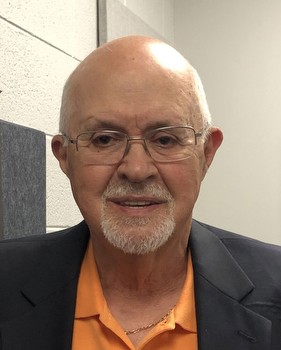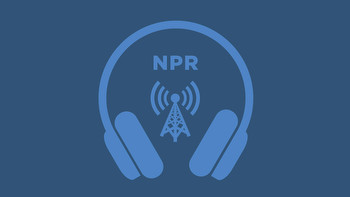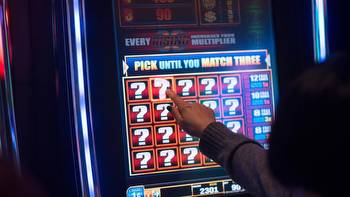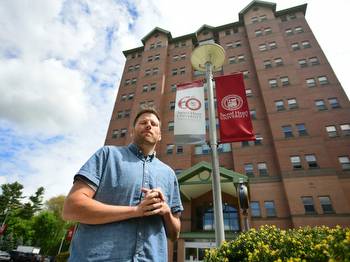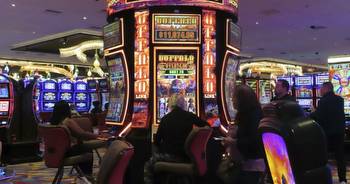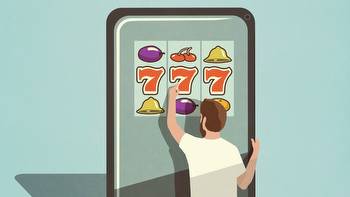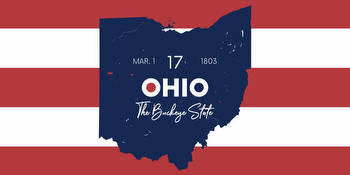Gambling Gets Pass As Weed Draws Worry

Understanding why the Sheridan Town Board and other area municipalities voted to opt out of dispensaries and on-site consumption of cannabis is far from trivial. Rural portions of New York state, by and large, are conservative in their views — and see the marijuana issue as something filled with too many uncertainties.
Those worries came to light quite clearly during a September community forum that took place in the Fredonia Opera House. During the 90-minute session, there were those who favored opting in — and those who did not.
One of those most involved and informed on the topic was Dr. R. Lorraine Collins, State University at Buffalo psychologist and associate dean of research. She served on a group that former Gov. Andrew Cuomo put together to research cannabis legalization.
During the event, Collins called it a “thorough process” that led to a “reasonably good law” but that implementing it “is where things could get a little sticky.” That is exactly what has worried those who are elected here.
In the meantime, while marijuana was a hotly contested issue among local governments for the final months of 2021, online gambling has the look of an after-thought. Unveiled in early January right as the National Football League playoffs kicked into high gear, no one — in a local or state capacity — seems to be overly concerned about potential consequences of this addictive habit.
Even Gov. Kathy Hochul seemed to be overjoyed by the early results being reported for state coffers. One day after the Super Bowl, Hochul reported $2 billion in wagers taken during the first 30 days of operation.
“Over the past month, we’ve seen how mobile sports wagering can be an economic engine for New York, driving significant funding to our schools, youth sports, and so much more,” she said. “As this new industry continues to grow, New York will make sure we have the resources and guidelines in place to make it a success for all.”
But do we? Entering its third month, which gets even sweeter for bettors with the start of the NCAA men’s basketball tournament, we’re not sure just how big a problem gambling has become locally.
What we do know, however, is this habit is much too easy while being constantly in our face through mainline and social media advertising. Placing a bet by phone can happen in a moment’s notice and without inconvenience. If marijuana is considered by some a gateway to other addictive drugs, online wagering is like a bottomless bottle for an alcoholic.
With little fanfare and debate surrounding it, the New York State Legislature included the proposal in its budget revenue bill in 2019. Judging from early returns, Albany is projecting big returns on its most recent compulsion for cash that has the potential to be filled with harm.
Prevention Works, which provides social emotional learning and the prevention of risky behaviors in Chautauqua County, sees the issue in a different light. It noted in a recent email that March is Problem Gambling Awareness month.
“Gambling is known as the ‘hidden addiction’ because there are no visible signs,” the agency located in Dunkirk and Jamestown said. “Unlike substance use disorders, you can’t visibly see the effects of someone’s gambling. For example, if someone has been drinking, you may smell alcohol, or they may be slurring their speech. Because of the lack of visibility, often those suffering from a gambling addiction can hide it longer than someone with an alcohol or substance use disorder. Usually, gambling addiction is discovered when there is a loss of accessibility to money and/or negative actions occur.”
Jim Maney, executive director of the New York Council on Problem Gambling, is well aware of that toll. Within the first three weeks of the state’s online gaming operation, losses to individuals were starting to become monumental.
“This fact is always overlooked and needs to be part of any discussion regarding gambling revenue,” Maney said. “New Yorkers lost $113 million dollars in just three weeks, which is $4.9 million in losses a day. If that trend continues over the course of a year that will be $1.8 billion in losses.”
Those numbers are not the bright lights and glitz that often has been portrayed with gambling. Instead, the big-money squandering taking place by the minute represents dark times that have been filled with uncertainty for those on the wrong end.
Personal responsibility can be easier said than done. Through these two controversial iniatives, New York is banking on the temptations of its residents to keep the funding flowing. Both are risky propositions.
John D’Agostino is the editor of the OBSERVER, The Post-Journal and Times Observer in Warren, Pa. Send comments to jdagostino@observertoday.com or call 716-366-3000, ext. 253.








